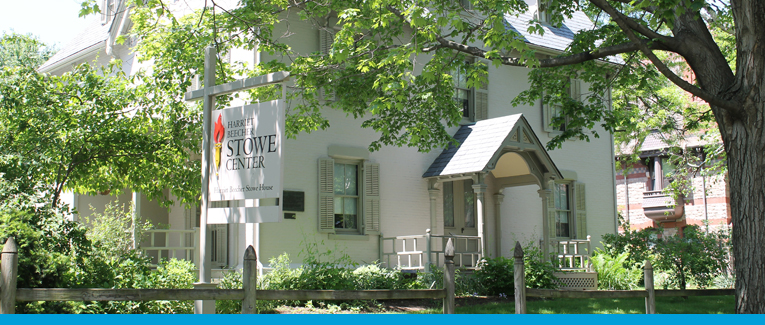Overview

The Connecticut Freedom Trail illustrates important aspects of Connecticut's African-American history as well as the history of our state. The trail highlights places and objects of national, state or local significance — including historic districts, churches, residences, government buildings, cemeteries, gravesites, monuments and archaeological sites.
The State Historic Preservation Office and the Amistad Committee, Inc., of New Haven are administrators of the Connecticut Freedom Trail.
Eligibility
To be chosen for the Connecticut Freedom Trail, a site must also demonstrate historical integrity of design, setting, materials and workmanship. Properties must be located in Connecticut and generally must be at least 50 years old. They must also meet at least one of the requirements below:
- be associated with events related to the Amistad Case, 1839–1842; or
- be associated with the Underground Railroad and the Abolitionist movement; or
- embody the concept of the movement toward freedom and equality of Connecticut's citizens and the heritage of African-American citizens in Connecticut.
Archival research and documentation must substantiate the site's historical significance. Additional considerations include:
- the site's ability to be viewed by the public;
- geographic diversity; and
- condition and integrity.
Sites nominated under the Concept of Freedom criteria must be proven to represent a person, event, issue or place of local, state and/or national importance in the struggle for freedom.
"First Ever" sites must also demonstrate that an event opened the door for others.
How to Apply
Contact
For more information, contact Todd Levine at (860) 500-2337 or todd.levine@ct.gov.
